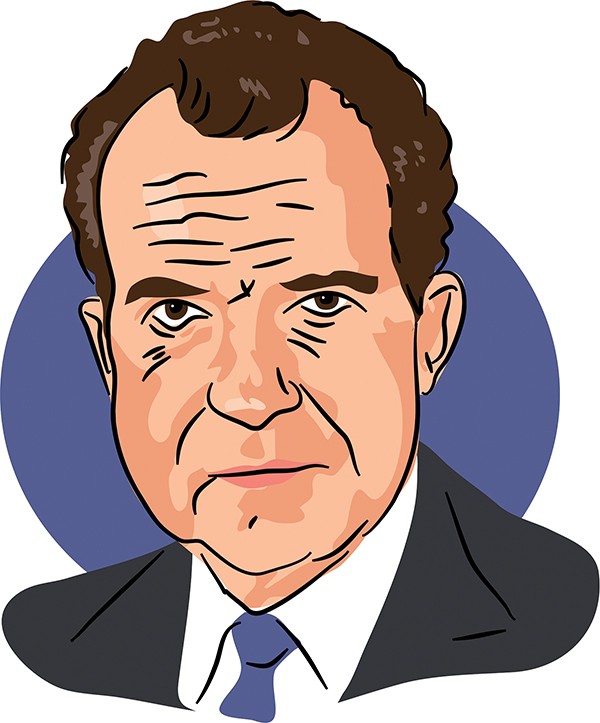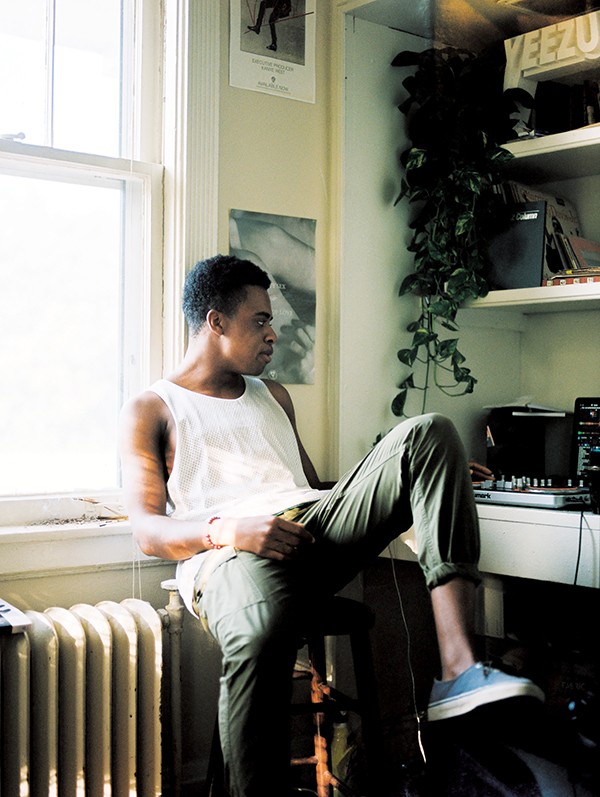Hello Millennials. Are you sick to death of that moniker yet? Are you weary of being lumped into a group of millions of people with whom you share little in common, yet are stamped with the same stereotypes as the Kardashians?
If you were born between 1983 and 2001, that makes you a Millennial — a pseudo-scientific name made up by a couple of guys who wrote a book to describe the generation between Gen X and Gen Z, which I never understood in the first place.
If every generation needs a stupid nickname, welcome to my world. Since birth, I’ve been referred to as a Baby Boomer, a childish and silly term that first appeared in a newspaper article. We were the spawn of soldiers returning from WWII, who wasted no time in being fruitful and multiplying.
Now, they’re also calling you “echo boomers,” and studies have attributed certain characteristics to your demographic. You are “digitally native,” you have a sense of entitlement, you’re narcissistic and disinterested in world affairs, you’re “selfie” absorbed, and you lack social skills because you text instead of talk. You’re attached to your devices. You are the trophy generation, where no one wins or loses and everyone gets an award just for participating. You’re driven by wealth, but you won’t save money. You eat out every night or order pizza. You have disdain for anything and everything that came before you. You won’t buy a car, and you live in your parents’ basement.
Here’s a clue: Aside from the tech stuff, many of the same things were said of my rebellious generation.
A Boomer sounds like someone who comes from Oklahoma. We were born between 1946 and 1964, ancient history to you. If you dropped a telephone back then, you could break your foot. We’re all between 50 and 70 now, and, although deeply divided on everything from politics to pot, we too were smacked with that same giant paintbrush as a studied and analyzed group. We were called the first consumer generation. Everything was handed to us. We were spoiled and self-indulgent. We rejected traditional values and resented authority. We were too idealistic, and we thought we were special.
Anything in there sound familiar? Maybe we have more in common than you have been led to believe. So, even though I’ve read that Millennials both abhor and ignore the past, please indulge your old Uncle Randy, and let me tell you a story about a poet-politician named Eugene McCarthy.
The Minnesota senator had come out early and vociferously against the Vietnam War, and in the election year of 1968, he was the first to challenge the president, Lyndon Johnson. Young people who opposed the war or were vulnerable to the draft flocked to his cause. His slogan was “Get clean for Gene,” which translated into thousands of hippies getting shaves and haircuts so as not to frighten the proletariat when they knocked on their doors with campaign literature.
Considering 1968 was the same year that the musical Hair opened on Broadway, this was a noble sacrifice. McCarthy was the guy who made LBJ drop out of the race and caused Robert Kennedy to jump in. We all know how that ended, but when convention time came around, “Clean Gene” lost the nomination to the establishment candidate, Vice President Hubert Horatio Humphrey, who hadn’t even entered the primaries. The convention ended in chaos and bloodshed, and the Chicago cops, in what was later deemed a “police riot,” gleefully cracked Boomer skulls in the street and got some hippie payback. And you thought Trump rallies were bad.
My generation betrayed you. We didn’t get our preferred candidate, so instead of going to the polls and voting for second best, we stayed home. The result was that Humphrey lost by one percentage point, and we gave you Richard Nixon, a loathsome and venal slug of a man who extended the war by four pointless years. His psychiatrist said that Nixon ordered bombing raids just to impress his friends. He was severely neurotic, viciously anti-Semitic, and racially insensitive, so, of course, he was re-elected.
 Dawn Hudson | Dreamstime.com
Dawn Hudson | Dreamstime.com
Richard Nixon
Late in his second term, beset by scandal and skullduggery, Nixon took to the bottle. Late at night, he drunk-called his friends and wandered the halls of the White House talking to the portraits of presidents past. His behavior became so erratic that the Secretary of Defense sent out a general command stating that any order coming from the liquor-ridden Commander-in-Chief had to be cleared by him first. Imagine how different the world would look if my generation had just voted.
We were so upset about not getting our anti-war candidate, we overlooked the fact that Humphrey had been a champion of civil rights since 1948 and was the main author of the Civil Rights Act of 1964. In the end, the nefarious Nixon won the election with 43.4 percent to Humphrey’s 42.7 percent. We gave you a mentally unstable president, subject to bouts of mood swings, and a petulant, thin-skinned sociopath bent on revenge against his critics. If all this sounds familiar, it should.
At its core, this election is between one candidate who’s sane and one who is not. There is one candidate with knowledge and experience and one who is delusional and thinks he’s Captain America. The choice is pretty simple.
Even though Millennials think the hippies were ridiculous and their parents are trapped in an analogue world, there is a lesson to be learned here. Don’t take anything for granted. Your side has to get more votes than the snarling, snapping mad dogs on the other side. This includes the “Bernie or Bust” people who are the modern day equivalent of the die-hard McCarthyites, who sat out one of the most consequential elections of our lifetime. Don’t make the same mistake the Boomers made.
Your knowledge is superior to ours on most things. But if Millennials fail to learn the lesson from this egregious Boomer blunder and decide that taking Facebook “who were you in a past life” quizzes are more important than the ballot box, we could turn around and find a lunatic in the White House.
Randy Haspel writes the “Recycled Hippies” blog, where a version of this column first appeared.
 Sam Leathers
Sam Leathers